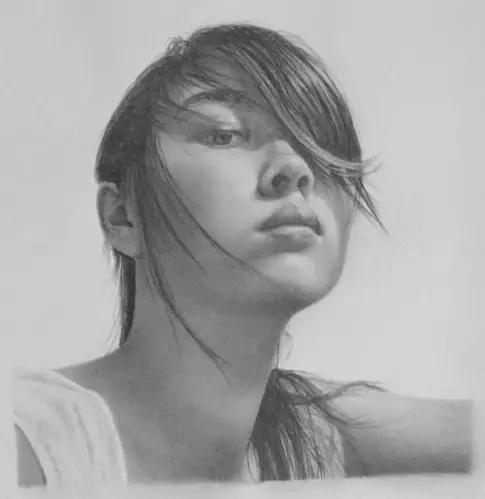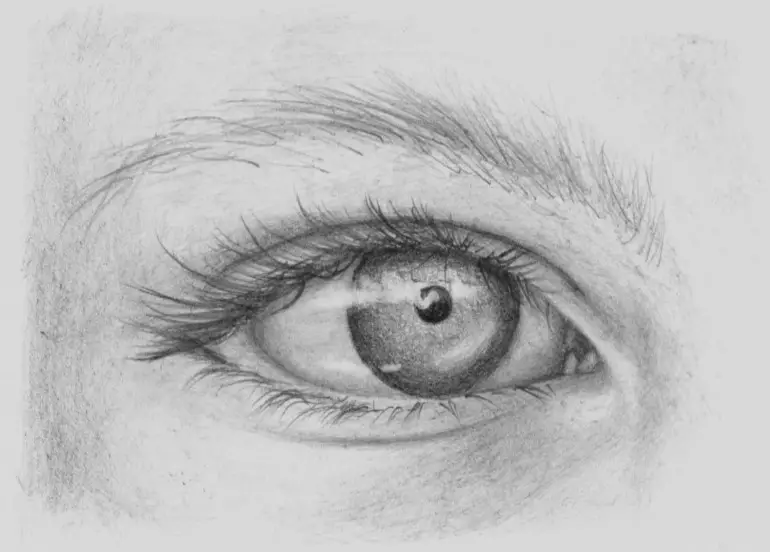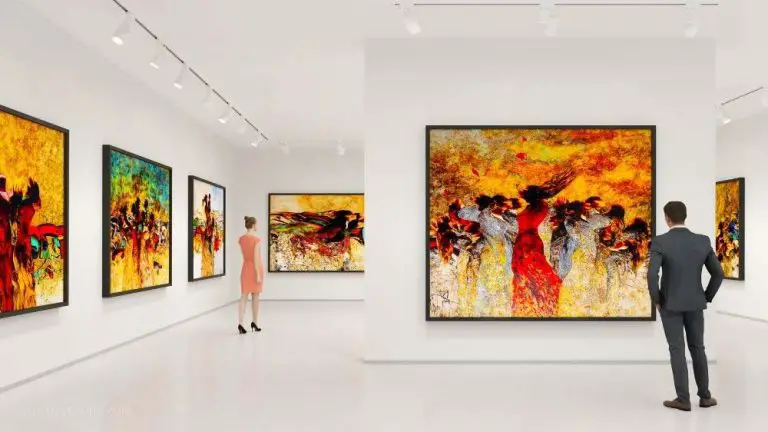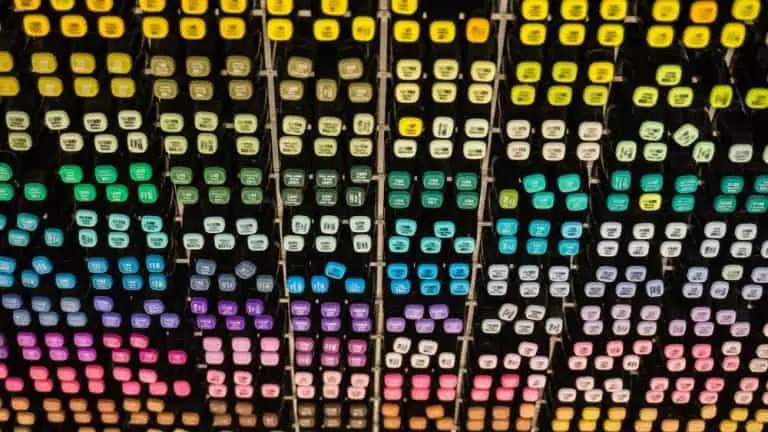Would an Artist Make A Good Surgeon? (Explained)
Artistry and surgery share an intricacy that is beyond definition. Both services require skill, hard work, advanced fine motor skills, and attention to detail to arrive at an expected conclusion. But, does this mean that an artist would make a good surgeon?
Artists do not always make good surgeons. Despite the similarities in their trade when dealing with intricate fine motor skills, there is a large difference between these two career paths. While one deals with colors and canvas, the other deals with the human body.
Often, I hear people regard surgeons as artists because they perform operations that sound exceptionally creative to a regular person. On the other hand, there has never been a definition that describes artists as surgeon-like. There are several reasons for this which I shall explain in this article.
Who Is An Artist?
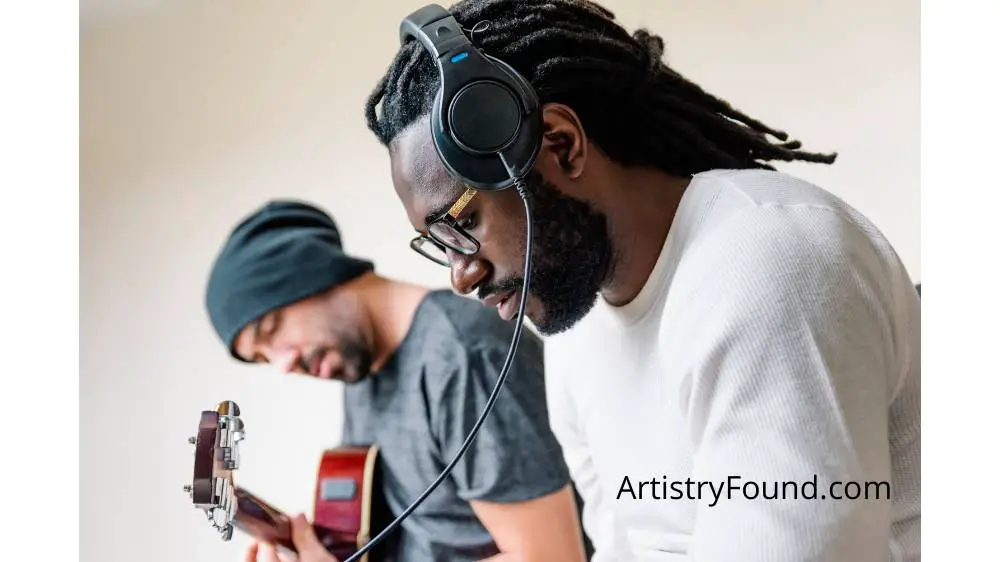
(This article may contain affiliate links and I may earn a commission if you make a purchase)
An artist expresses their art in paintings, drawings, and other mediums, either as a profession or a hobby. The expression of art has several applications but the end result in all visual forms of art is to create an aesthetically pleasing piece of art.
In the case of abstract art, an artist creates using only the image or idea held in their mind. Abstract arts are random, and an admirer never knows what to expect from the artist.
Then there’s portraiture art, where an artist replicates the likeness or idea of a person in a painting, illustration, or photograph. To achieve this, the subject has to pose for the artwork or submit photographs as a reference.
The bottom line is that artists, regardless of their chosen medium, employ several skills to bring their artwork to life. Creativity is their first and most important tool. An artist who cannot think or see subjects from a different perspective is limited, preventing the artist from exploring additional options while creating.
Art technique is another essential skill. There are individuals born with the gift of painting, but that doesn’t dampen the need for technique. In this case, artistic skill and technique would involve applying particular or different painting styles to an artwork.
An art school or a traditional art center will teach you the necessary techniques every artist should have. To fully master the techniques in art, an artist must develop the habit of constantly practicing with a sketchbook. Though it takes effort and time, the properly applied techniques make each artwork unique.
Artists have the freedom to explore an idea and use and try different creative techniques to arrive at their desired outcome.
It’s not likely you would want your surgeon to approach surgery with that level of freedom and creativity.
Who Is A Surgeon?
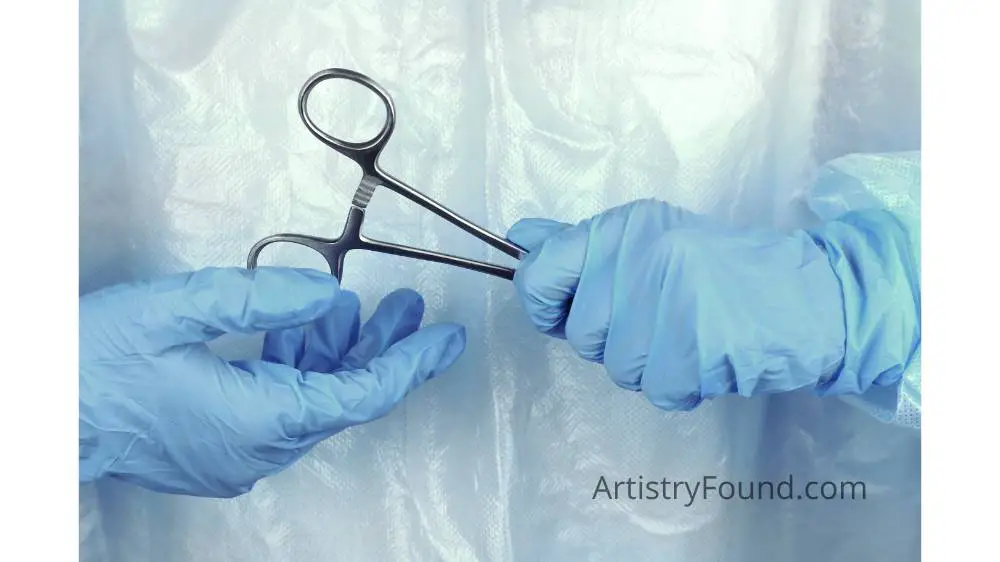
A surgeon is a physician specially trained to perform surgical operations. The profession requires fine motor skills and manual expertise to identify problems with the body and determine the best way to correct them. Surgeons deal with the repair or removal of damaged tissues, the correction of a body part, and the improvement of the body’s functioning.
Surgical training takes over ten years of study, practice, and research. Specialization in a field entails two or more additional years to achieve. Regular physicians can practice in medical fields like dentistry, Ophthalmology, and Gynecology, but a standard medical doctor cannot carry out surgical procedures.
Surgical procedures have several categories. The timing of an operation can depend on the level of urgency, which could be elective, semi-elective, or an actual state of emergency. In an emergency, a surgeon employs fast-thinking skills to assess the damage and the best approach to the repair.
Some surgical procedures depend on the location of the problem which determines the kind of surgeon that handles the case. For instance, thoracic surgeons are experts in the lungs, heart valves, heart, and oesophagus operations, while neurosurgeons work on the brain.
Manual dexterity, attention to detail, and hand-eye coordination are critical skills every surgeon must have to perform successful surgeries. Surgery involves delicate procedures like cutting blood vessels and stitching wounds. A small mistake could endanger a patient’s life, so a surgeon should have steady hands even under pressure.
For complicated situations, a surgeon cannot work alone. There are assistants, anesthesiologists, nurses, and other professionals who play vital roles in the surgical procedure. This means that a surgeon must be a good team member, carrying others along inside the theatre.
A single surgery could take many long hours before competition. So, professionals must be patient and have the stamina to carry out an operation.
Similarities Between Artists And Surgeons
Now that you understand what both fields entail overall, what makes them similar? First, both go through training to be professionals at their jobs. Though their training duration varies, an artist and a surgeon must spend a significant period of time learning the elements of their respective fields.
Artists and surgeons must have a broad field of thinking. Artists have to think of colour mixtures, variants, contrast, and the perfect lines, while doctors must consider the condition of every human part before operating. For surgeons, this is important in emergency cases.
Good organizational skills are other attributes similar to both artists and surgeons. They don’t have to learn these skills in any institution; they acquire them with time. Organizational skills help artists and surgeons plan and structure tasks using effective methods.
Self-confidence is essential in both professions. Artists must be confident in their skills in sketching and painting images, while surgeons must be confident in performing surgery successfully. Self-confidence never comes easy and takes years to develop in both artists and surgeons.
For artists, it is impossible to paint with unsteady hands and impaired vision. The same applies to a surgeon. Therefore, both must have good visuals and steady hands to deliver an exceptional end result.
Differences Between Artists And Surgeons
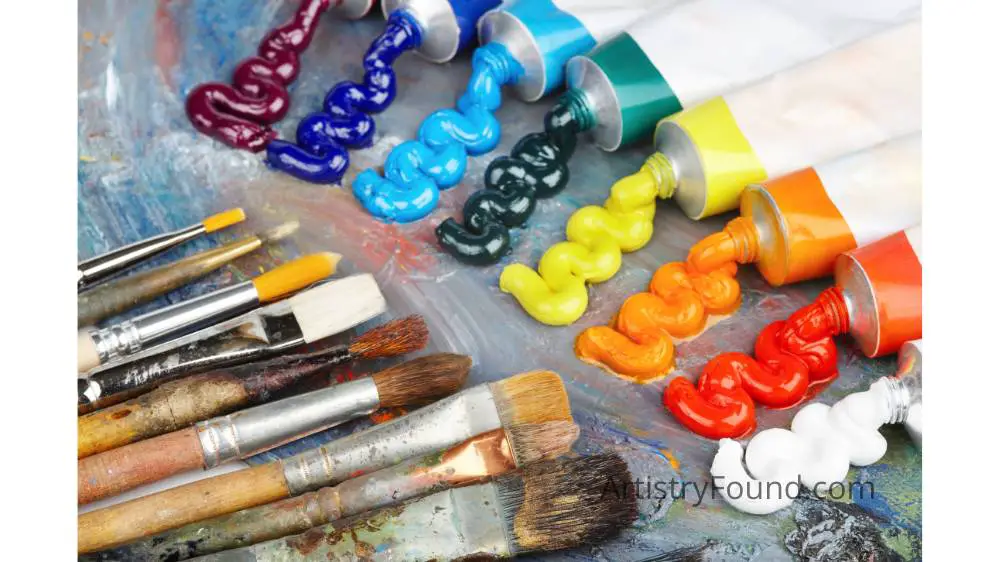
An artist and a surgeon operate under different circumstances. Notwithstanding their similarities, you cannot compare both fields.
Artists work in a studio where they design to suit their preferences. A surgeon works in a hospital that has specific environmental requirements according to medical laws. An artist cannot paint in an operational theatre and a surgeon should not operate in an art studio under normal circumstances.
Just as their work environment differs, the conditions of their operation also differ. An artist’s work tool includes several types of paint, paintbrushes, palette, canvas, and other painting requirements. Surgeons deal with the human body using surgical tools like scalpels, tissue clamps, handheld retractors, forceps, and others.
The training period also differs for both artists and surgeons. An artist could spend three months learning the basics and necessary skills painting entails while a surgeon spends no less than 13 years in training. This is a result of the type of operations they both carry out.
In addition to this, an artist’s training is less vigorous than a surgeon’s. A surgeon must spend the training time studying intensely because of the broad nature of the medical field.
Artists can work as freelancers, creating works during their free time and at their own pace. On the other hand, surgeons cannot choose a comfortable time to perform a surgery, especially in emergencies. While painters could be loners and work alone, a surgeon must learn to work with others for better results,
Are Artists And Surgeons Related?
Artists and Surgeons share several similarities when it comes to sensitive motor skills but their job requirements are otherwise unrelated.
From their differences, you can tell that their operations are entirely different. So yes, a surgeon could be a good or even great artist in their personal lives but an artist interested in becoming a surgeon would need to start their careers over again and dedicate themselves to years of medical schooling.
So, if you have ever thought if artists could make good surgeons, the answer is no. An artist generally does not have what it takes to be a surgeon.

